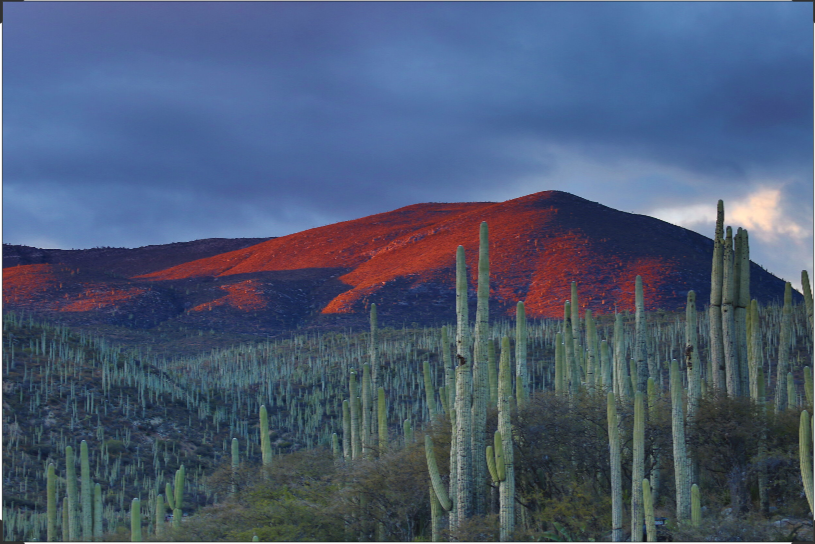Human Rights groups call for Mexico’s climate commitments to protect rights and advance gender equality
The protection of human rights and advancement of gender equality must be at the heart of Mexico’s climate commitments, to guarantee its climate initiatives are just and do no harm. As Mexico updates its Nationally Determined Contributions (NDC) under the Paris Agreement, it is a crucial moment to ensure that its plans do not make the mistakes of the past where economic development trampled on the environment and the rights of local communities and the most marginalized groups, but instead harnesses this opportunity to advance equality for all.
Nationally Determined Contributions (NDC) are a good opportunity to set the principles for a just transition as they are the primary mean for governments to communicate at the national and international level the measures they commit to undertake to combat climate change and contribute to the goal to keep the increase in global average temperature well below 2°C.
Under the leadership by the Office of the United Nations High Commissioner for Human Rights and the Asociación Interamericana para la Defensa del Ambiente (AIDA), the Global Initiative for Economic, Social and Cultural Rights, Centro Mexicano de Derecho Ambiental (CEMDA), Greenpeace México A.C, El Poder del Consumidor; el Proyecto sobre Organización, Desarrollo, Educación e Investigación (PODER) and the Instituto de Liderazgo Simone de Beauvoir, submitted a letter to the Mexican Ministry of Environment and Natural Resources providing detailed information on the human rights principles, standards and guidelines it should consider while drafting and updating its NDC. The letter also envisage key recommendations to ensure that the new NDC, to be adopted in 2020, includes a strong gender perspective, is implemented according to human rights standards and guarantees the protection of those most disproportionately affected by climate change and structural conditions of inequality.
The signatory institutions specifically call for the Mexican State to consider in the drafting and implementation process of its new NDCs:
Its international human rights obligations with respect to indigenous and Afro-Mexican populations
International standards regarding the human right to a healthy environment;
The crucial need to prevent and address the labour impacts of the climate crisis in Mexico;
Mainstream a gender perspective in the design and implementation of measures and activities to mitigate and adapt to climate change;
Implement human rights due diligence in public and private development projects; and
Initiate the process for just and sustainable energy transition.


